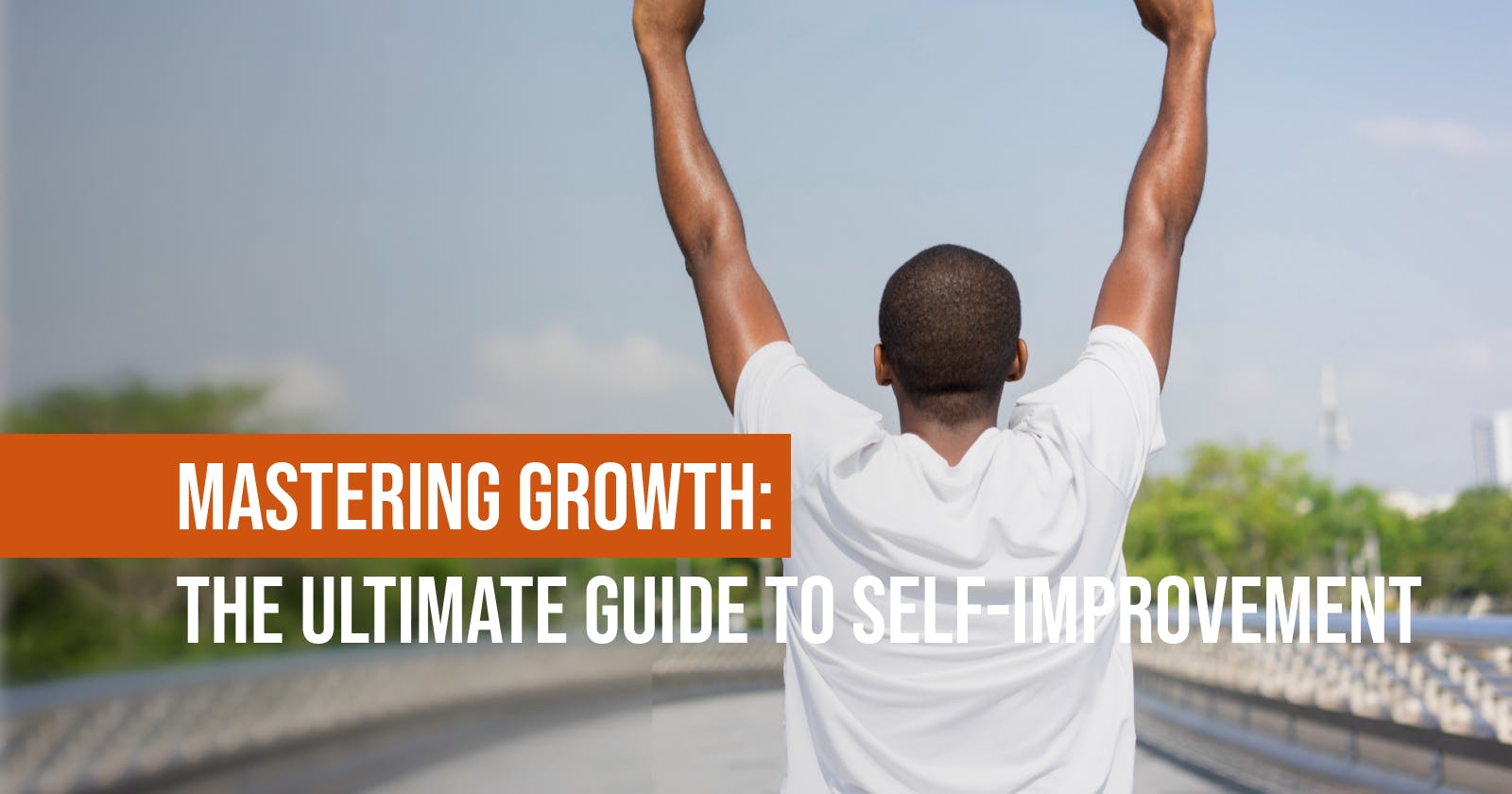Cheers to 2024! It's likely that you're thinking about setting some goals for the coming year. Well, let me help you by compiling and expanding all of my earlier blog pieces into one comprehensive guide to help you create a self-improvement plan that works.
These are the top 5 resolutions you may set for the New Year, each thoroughly explained with tons of advice and explanations from decision scientists, psychologists, and economists. Everything from memory hacking to motivation and the hypothesis of many selves' impulse control is covered in this guide.
1). Decide to no longer borrow resolutions
Creating a personalized self-improvement program that works well might be a challenging task. It's easy to reach for a ready-to-wear plan off the shelf, so if you're not searching through the scientific literature—and let's be honest, most people aren't—your best bet is to choose an inspiration figure and try to emulate their style. Then, whoa! the unbearable disappointment that results from giving up.
2). Make the decision to customize your resolution.
It may sound strange to hear me advise you to be skeptical of scientific sources of information, yet my background is in decision science and statistics. Please understand that while I wholeheartedly support science as long as it is used, uh, scientifically, most people don't. Far too many people push science in inappropriate places and regard scientific discoveries as gospel. An ironic means of misusing science? to believe that what holds true for one person also holds true for everyone else.
3). Agree to take lessons from ineffective resolutions.
If making fruitful New Year's resolutions was simple, billion-dollar businesses offering a flawless version of themselves would vanish into thin air. However, it's true that you're likely to fail and that fraudulent promises also exist.
The good news is that every time you fail, you have a shot at doing better next time… as long as you learn something from your experience. Don’t throw the learning opportunity away by doing either of these things:
Taking your failure personally and giving up.
Resolving to fix it with willpower. (It doesn’t work.)
4). Agree to draft an action plan for failure.
A major red sign is if your New Year's resolve doesn't include a plan for what to do if you fail at it.
For example, if you resolved to run 5 more miles every week, do you have a contingency plan for how you’ll get back on track if you slip up? What happens if you miss a week because you got sick? Do you give up? Is the whole flimsy thing ruined? I hope not.
In a similar vein, don't neglect to include a strategy for modifying your objective in front of fresh data. Perhaps you made a commitment to run an additional five miles per week, and you are following through, but you never imagined that the extra mileage would wear you out to the point where you can't concentrate at work. Congratulations! You've achieved your goal and discovered something you didn't know. If you have a backup plan for adjusting to new knowledge, you're in a better position to set a suitable objective now.
5). Decide to prioritize your desired results.
I've seen a lot of manuals that claim that having ambiguous goals sets you up for failure, but there's a catch. Your actual objectives may not always be clear-cut.
Let’s rummage around in managerial science for some helpful concepts related to target setting:
An outcome goal is the win you’re interested in, but it might be hard to measure, vague, and/or heavily influenced by factors outside your control, e.g. “The outcome goal is to be as healthy as possible this year.”
A performance goal is measurable and, if realistic, mostly under your control, e.g. “The performance goal is to run 5 km in under 30 minutes.”
A process goal is measurable and, if realistic, fully under your control, e.g. “The process goal is to run for 30 minutes every other day.”
The cure is to keep reappraising your approach from the perspective of your outcome goal. Never let your performance or process goals take priority over your outcome goal. Make it a regular habit to think about the big picture and what matters most to you. Keep asking yourself whether your actions are serving the ends that matter to you, rather than the means.

